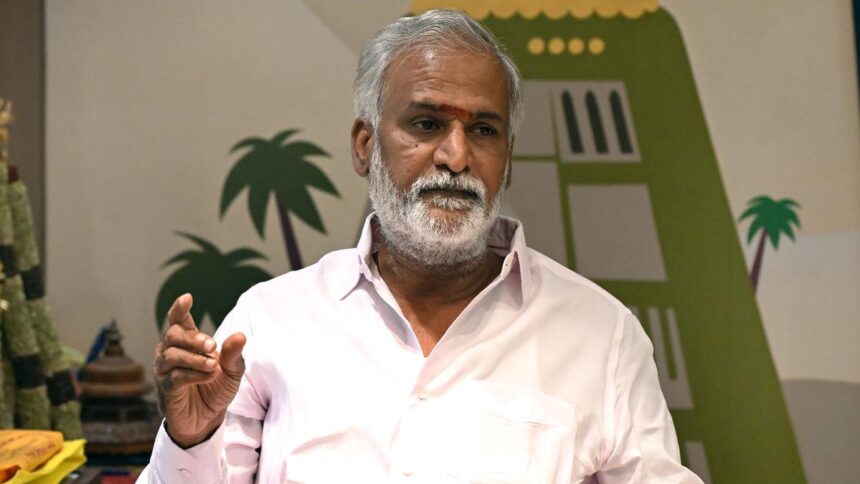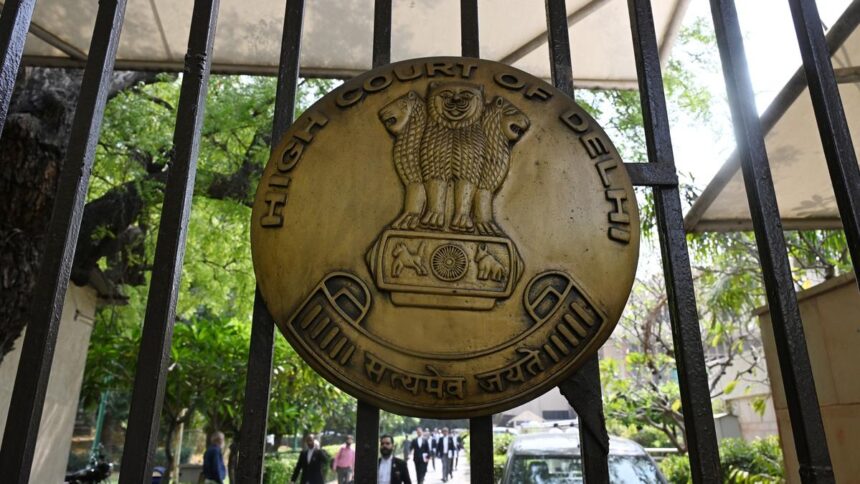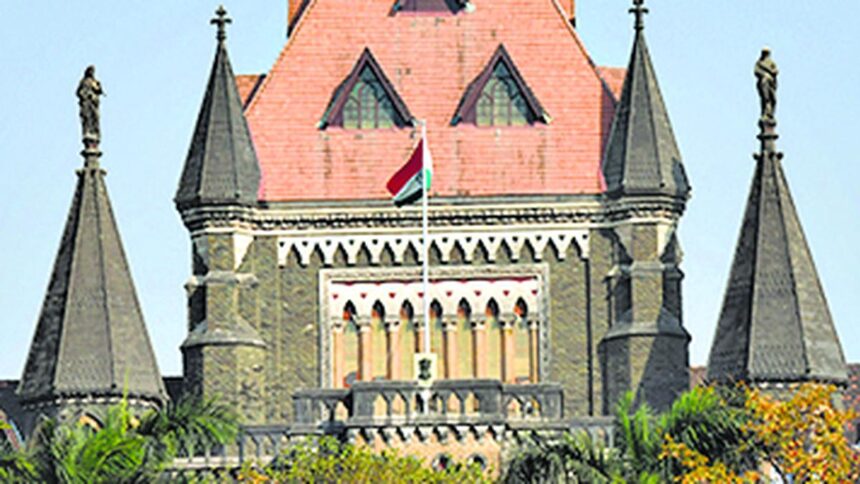The Ernakulam District Consumer Disputes Redressal Commission in Kerala has imposed a fine of ₹2.66 lakh on an infertility clinic for allegedly cheating a childless couple by collecting fees after promising a 100% successful IVF (in vitro fertilization) treatment, but ultimately failed to deliver.
The commission, comprising D.B. Binu, president, and members V. Ramachandran and Sreevidhia T.N., issued the order on a petition filed by one K.M. Sheeja of Elathur in Kozhikode against the infertility clinic in Ernakulam, a fertility guide, and an IVF specialist.
According to the petitioner, two persons, who falsely presented themselves as infertility specialists, assured her and her husband of 100% success rate in IVF treatment during a medical camp on May 15, 2014. Subsequently, they paid ₹2.4 lakh to the second and the third parties.
However, later, the opposite parties stated that IVF treatment success was doubtful due to medical conditions and demanded an additional ₹40,000 for a hysteroscopy. The complainant by then discovered that the two persons were marketing agents, and the promise of success was baseless. Though the opposite parties assured a refund, they failed to pay the sum despite repeated follow-ups, accused the petitioner.
Eventually, the opposite parties said that only ₹1.5 lakh would be refunded, claiming that ₹17,000 was spent for lab tests, ₹40,000 was deducted by the head office and that the remaining amount was paid to a donor. However, the complainant asserted that only blood tests and scanning were done, costing no more than ₹3,000.
‘Breach of trust and ethics’
“The opposite parties induced the complainant to make the payment based on false promises. No treatment or medical benefit was provided in return. They later demanded an additional ₹40,000 to initiate the IVF process, thereby exploiting the emotional vulnerability of the complainant for financial gain. The opposite parties, having accepted the payment, were under a legal and moral obligation to provide the promised service,” the commission observed.
It said the failure to provide promised treatment amounts to a deficiency in service. The mental harassment and deficiency of service attract liability for compensation.
“The conduct of the opposite parties reflects a grave breach of trust and ethics expected from medical institutions, turning what should have been a journey of care and healing into one of deceit, financial loss, and emotional trauma. The commission cannot overlook the pain and disappointment suffered by the complainant, and this judgment must serve both as a remedy for her injustice and a stern message against such exploitative practices in the healthcare sector,” it said.
The commission ordered the opposite parties to make a refund, an additional ₹20,000 as compensation and ₹5,000 towards legal expenses.
Published – July 05, 2025 11:59 am IST





















